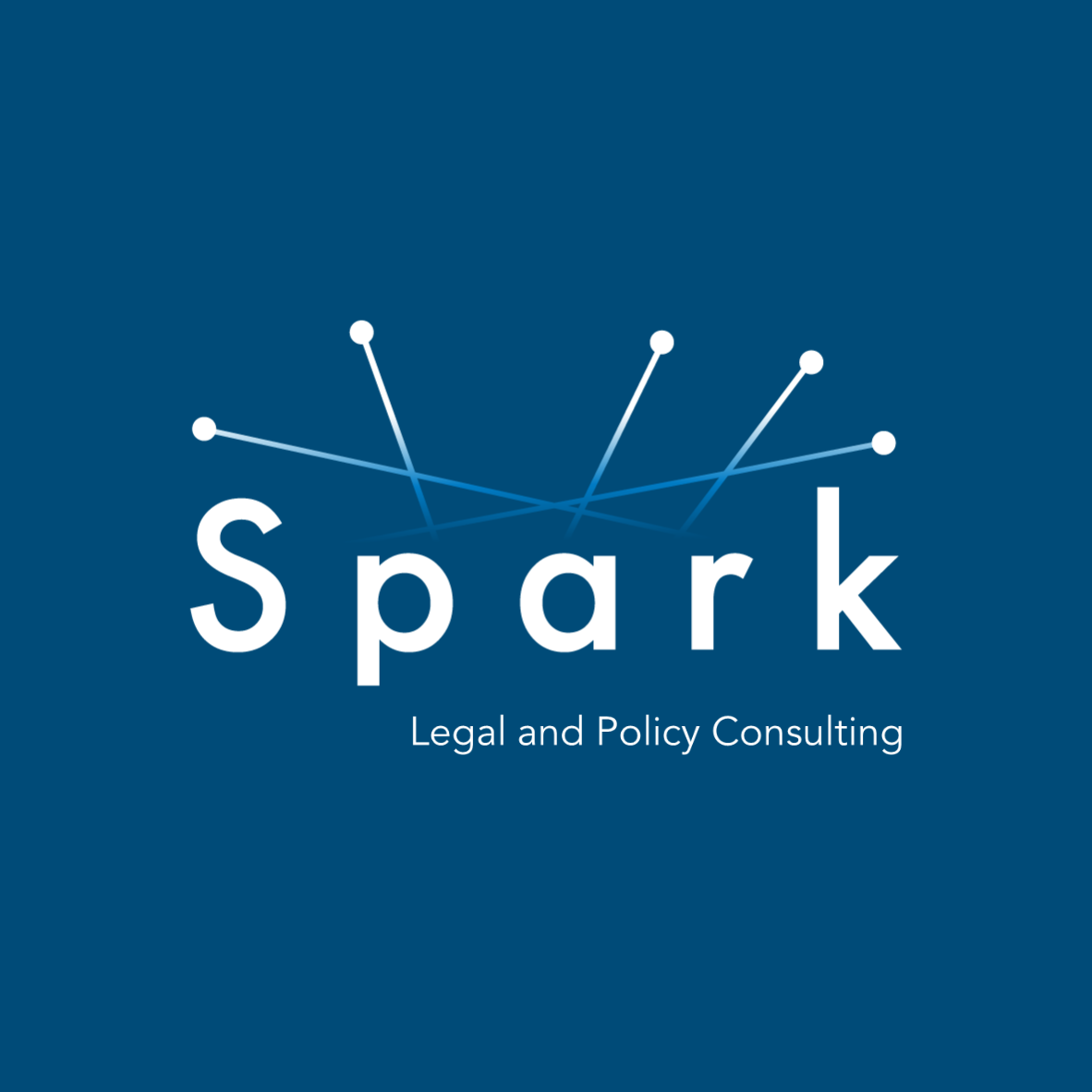The European Parliament, in 2021, suggested to the European Commission a Pilot Project on novel forms of contracting in the digital economy, analysing how AI is used in contracting. This refers to situations where software programs using AI are used in contracts, for instance, by negotiating, drafting or executing contracts, or by concluding contracts for legal and natural persons.
Traditional contract law concepts and rules, both at the national and EU level, may not adequately capture the new technological developments involving AI contracting and may need to be adapted to contracts concluded and/or implemented autonomously by AI systems.
The present study for the European Commission (DG JUST) implements part of the EP Pilot Project. The first objective of the Study is to analyse whether and to what extent there are differences between national and mandatory civil law rules applicable to contracts concluded through software programmes using AI, and whether any such differences result in legal uncertainty. The second objective is to analyse whether potentially differing national civil law rules or legal uncertainty constitute obstacles in the EU internal market for the cross-border use of AI contracting.
In order to achieve these objectives, Spark and Timelex will provide a comparative analysis of national rules applicable to AI contracting in private transactions and potential obstacles they may pose to its use and deployment. Specifically, Spark will identify the national rules applicable to AI contracting in private transactions in 20 selected Member States and 4 third countries. Then, ICF and Wavestone will analyse the economic impact of the potential obstacles identified by Spark and Timelex and whether they constitute obstacles to the smooth functioning of the EU single market.

